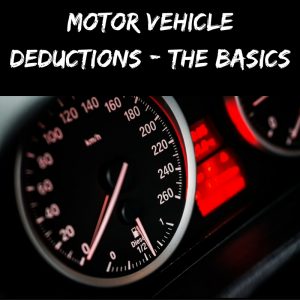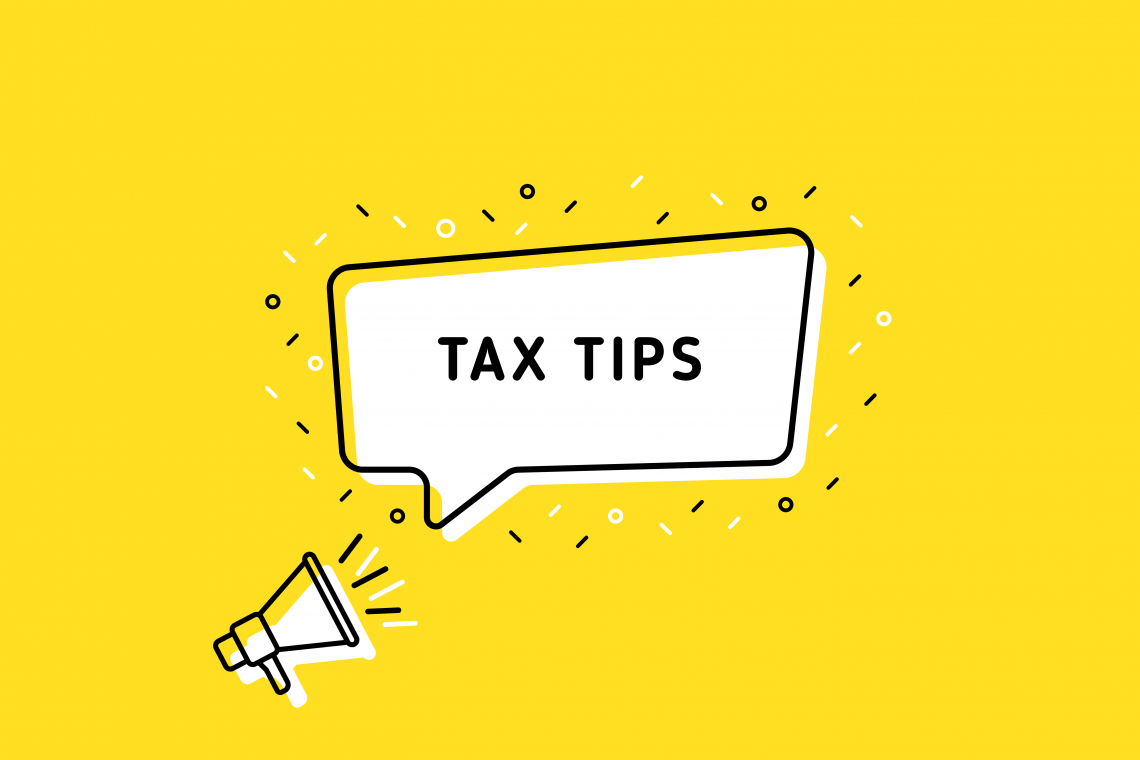How Capital Gains Tax Impacts Property Sales
When you sell an asset (let’s say a property), you will do so at a profit, a loss, or you’ll come out even. If you’re lucky enough to come out with a profit, that profit you receive is called your Capital Gain. When you complete your tax return, you’re required to report your Capital Gains as well as your Capital Losses, but you only pay tax on your Capital Gains (i.e. when you’ve made a profit). This is called Capital Gains Tax (CGT).







